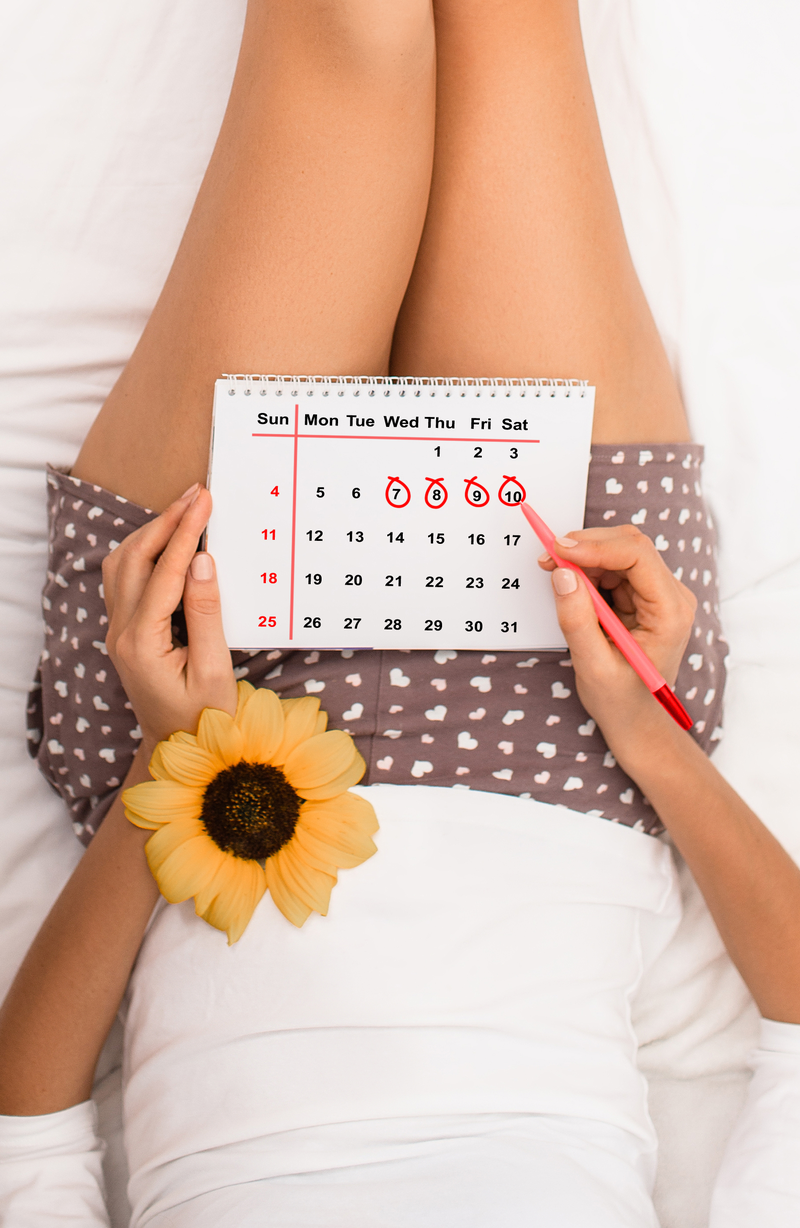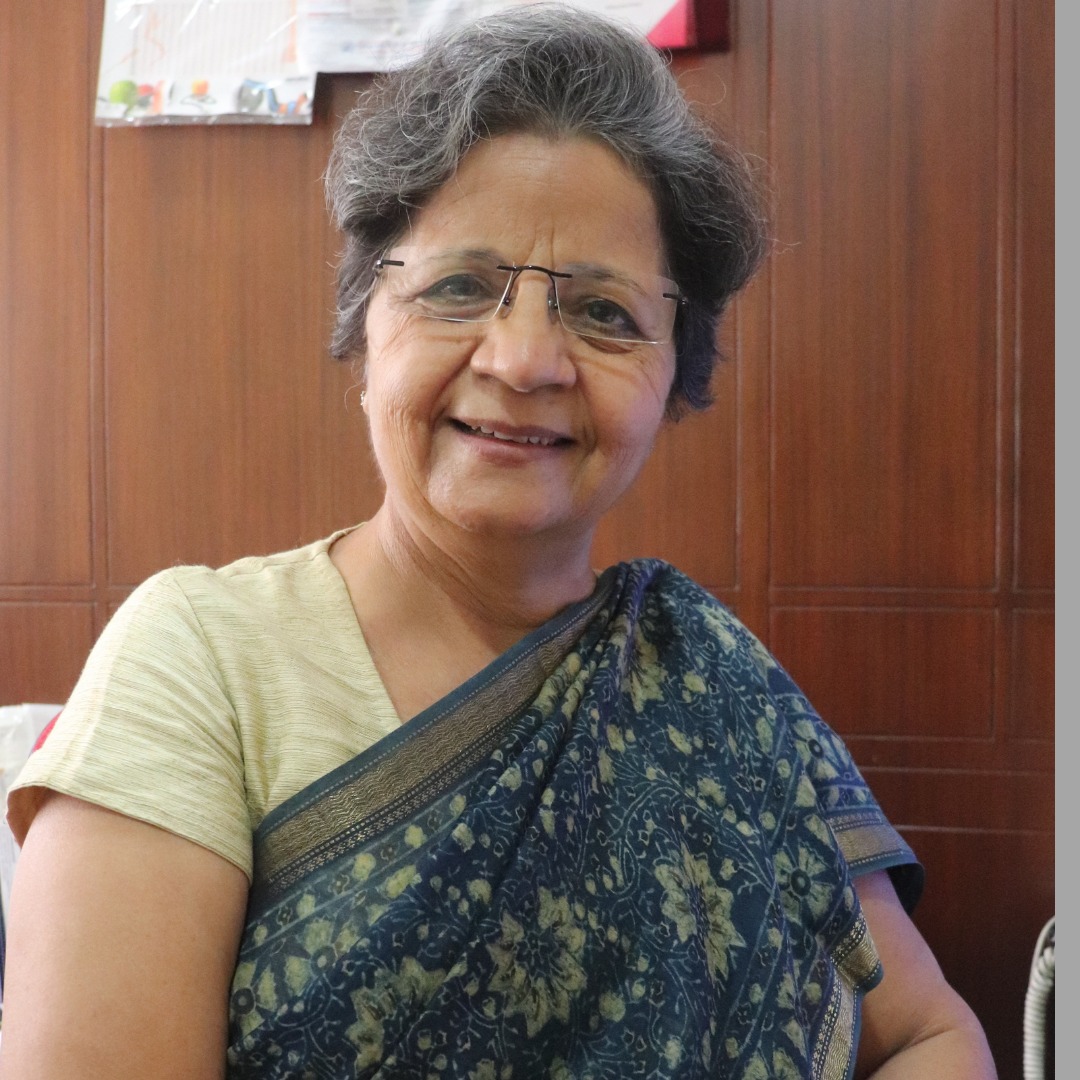Trying to Conceive
Trying to get pregnant
When you have sex the sperm enters the vagina and travels through the cervix and womb to the fallopian tube, where it fertilizes an egg, and pregnancy is most likely to happen.
The chances of pregnancy are highest around the time of your ovulation. That is when an egg becomes ready and you are most fertile.
There is an 80% probability that if you are under 40 years and regularly have sex without using contraception, you will get pregnant within a year.
What is Ovulation?
The process of an egg being released from the ovary is called ovulation. The egg is released and travels down the fallopian tube, where it remains for 12 to 24 hours before being fertilized. If the egg is not fertilized, it triggers the next menstrual cycle.
Identifying the fertile window
Since a female is able to conceive only for a few days each cycle, identifying the fertile window and ovulation is extremely important for conception. Many women have unpredictable ovulation dates and fertile windows, whereas some have regular cycles and very predictable ovulation dates. Fortunately, the body has a few ways of letting you know when ovulation might occur.
- Basal body temperature (BBT):
Your body’s temperature right after you wake up is known as your basal body temperature. Throughout the cycle, your BBT is largely constant, but a few days after ovulation, it spikes. Monitoring BBT can make it easier to recognize ovulation throughout cycles. - Cervical fluid:
Cervical fluid is the vaginal fluid that carries sperm cells to the egg and helps in the protection of the vagina against infections. The consistency of cervical fluid changes from menstruation until ovulation, when it is at its clearest, stretchiest, and thinnest. - Moods:
Because emotions are regulated by the same hormones that control menstruation
and ovulation, there is frequently a link between ovulation and emotional signs like a heightened libido and a boost in a sense of confidence. - Symptoms:
Due to the increased activity in the ovaries during ovulation, some health issues, such as lower backaches and one-sided abdomen pain, may be indications of ovulation. - Ovulation tests:
Ovulation tests look for the hormone luteinizing hormone (LH) in your
urine, which is produced to signal your ovary to release an egg. Taking ovulation tests can
help let you know when you’re ovulating, but cannot tell you more than a day or two in advance, effectively halving your fertile window if you solely rely on ovulation test strips. Tracking the relative date of ovulation from cycle to cycle can also be invaluable in not just identifying, but also predicting your fertile window.
When to consult a fertility expert?
Most couples wait five to six months to conceive. Here are some reasons to consult a fertility expert:
- If you are under 35, have been having unprotected sex for 12 months, and have not conceived.
- You have had more than three miscarriages
- You have no period or irregular period
- Your partner has trouble maintaining an erection
- You have a chronic medical condition such as diabetes, hypertension, or heart disease

Our Health Experts for Trying to Conceive
We use cookies to provide you with our services at its optimum. To find out more about our use of cookies, please see our Privacy Policys. By continuing to browse our website, you agree to our use of cookies.







